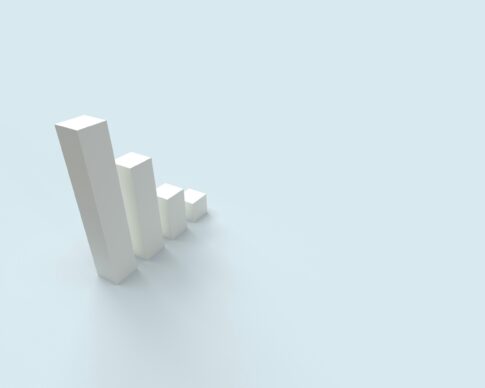Today, I will explain the following website. (AI-generated)
もはや円安は終わった…1ドル130円台の可能性も!いまこそ「物価引き下げ」で国民を困窮から救え(現代ビジネス) – Yahoo!ニュース
Contents
Understanding the Yen Carry Trade Reversal
The yen carry trade, a popular investment strategy where investors borrow yen at low interest rates to invest in higher-yielding currencies, is experiencing a reversal. This shift is primarily due to the rapid interest rate hikes by the United States as an inflation countermeasure, which has widened the interest rate differential between the US and Japan. The Bank of Japan’s continuation of negative interest rates has encouraged this trade by ensuring profits through the interest rate gap, provided the yen continues to weaken against other currencies.
What is the Yen Carry Trade?
The yen carry trade involves borrowing Japanese yen, which historically has had low-interest rates, to fund investments in other currencies that offer higher returns. This strategy relies on the stability or further weakening of the yen to secure profits from the interest rate differences. However, with the US Federal Reserve’s policy shift towards lowering interest rates, investors may no longer achieve the expected profits, leading to a reversal or “unwinding” of these trades.
Implications of the US Interest Rate Hike on the Yen
As the US increases its interest rates, the gap between US and Japanese rates widens, making the yen carry trade more attractive. However, if the US were to lower rates, the opposite effect could occur, potentially leading to a stronger yen as investors sell dollar assets and buy back yen to repay loans. This process can negatively impact Japanese corporate profits and stock prices, as they have benefited from a weaker yen in recent years.
Predicting the Future: Will the Yen Continue to Weaken?
While the yen carry trade has been unwinding since early July, the future of the yen’s strength is uncertain. Factors such as the US’s interest rate policy, economic performance, and inflation levels will play a significant role. A return to pre-COVID-19 US interest rates could suggest a strengthening yen, possibly reaching levels around 130 yen to the dollar.
The Impact of Exchange Rates on Japanese Economy
How a Stronger Yen Could Affect Corporate Profits
A stronger yen could lead to reduced profits for Japanese companies that have benefited from the currency’s depreciation. This could result in a decline in stock prices, as corporate earnings are a crucial factor in investor valuation.
The Relationship Between Stock Prices and Currency Valuation
Stock prices and currency valuation are closely linked, as changes in exchange rates can directly affect a company’s international competitiveness and, subsequently, its stock valuation. A stronger yen might lead to lower stock prices due to the potential decrease in export profitability.
Japan’s Monetary Policy: The Effects of Staying the Course
Japan’s reluctance to raise interest rates, contrary to global trends, has led to a weaker yen and increased corporate profits. However, this policy may limit Japan’s ability to respond to changes in the global economic landscape, particularly if the US shifts towards lower interest rates.
Strategies for Investors Amidst Currency Fluctuations
Understanding Market Trends and Currency Movements
Investors need to stay informed about global economic trends and central bank policies, which can significantly impact currency movements and investment decisions.
Investment Strategies in Times of Currency Reversal
In times of currency reversal, investors may need to adjust their strategies, potentially moving away from carry trades and looking for opportunities in other markets or asset classes.
Investors should consider the potential for a stronger yen in their portfolio decisions, diversifying investments to mitigate the risk associated with currency fluctuations.











